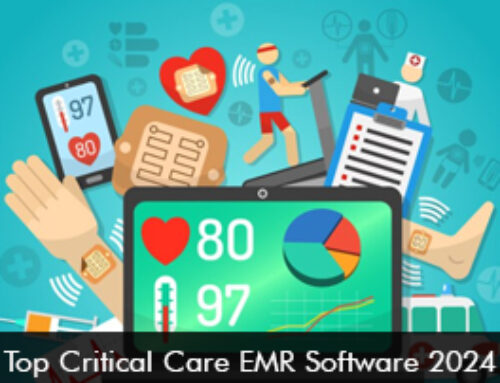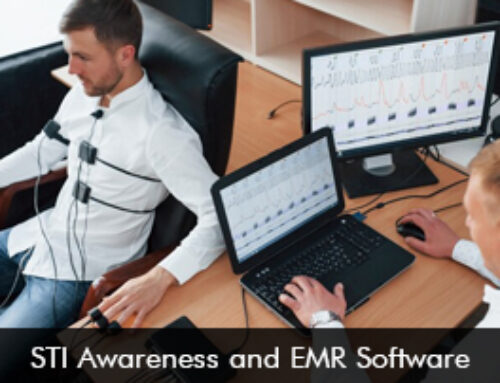KLAS researchers found out that there is a difference between what customers want and the top priorities of vendors.
As the healthcare industry moves beyond just EMR implementation and Meaningful Use (MU), small practices with 10 or fewer physicians told researchers that they expect a lot more from their EMRs than just meet regulatory requirements, a new KLAS report on small physician practices reveals. Initially, small practice physicians want the basics to work better. This means modifying usability for them and improving customer care service.
Why does it matter?
Over the last couple of years, small physician practices have had different opinions on what they think of their EMR software vendors. KLAS found out that small physician practices want their EMR and Practice Management (PM) software vendors to figure out how to meet their certain requirements for functionality, capability, usability, vendor support, and guidance before they do anything else for the practice.
The KLAS study was titled “Small Practice, Ambulatory EMR/PM, 2019,” The study also found out that it was the top priority of small practices to get the ease of use and better customer care service.
When we talk about this issue, there is great disagreement between software providers and these small physician groups, according to the study. Only 5% of the practices named new technology as their top priority, on the other hand, 75% of software vendors see providing new technology as their top priority.
What is the larger trend?
As part of this research, KLAS researchers interviewed representatives from AdvancedMD, Allscripts, Aprima, athenahealth, Azalea Health, CareCloud, Cerner, CureMD, Greenway Health, Kareo, NextGen Healthcare etc. to find out how well these vendors were aligned with the needs of small practices and what is causing dissatisfaction among small practice physicians. Most of these software vendors named usability as one of their top 3 priorities.
The small practice physician call for better EMR usability coincides with a greater industry trend in that direction. Comments closed Jan. 28 on the Office of the National Coordinator (ONC) for Health IT’s draft recommendation to make Electronic Health Records (EHR) software more easy to use and user friendly, with support over the recommendations and a host of cautions that included going gradually with changes and creating panels to help manage them.
Words from KLAS Practice Manager
A practice manager working in this KLAS study said, “The most important attribute is product functionality because we need the product to do what it is supposed to do. That is what the doctors live off of every day, so the options and the functionality have to be there for the doctors to carry on with their day. The next most important thing is the ease of use because physicians want the system to be easy. They want fewer clicks.”







